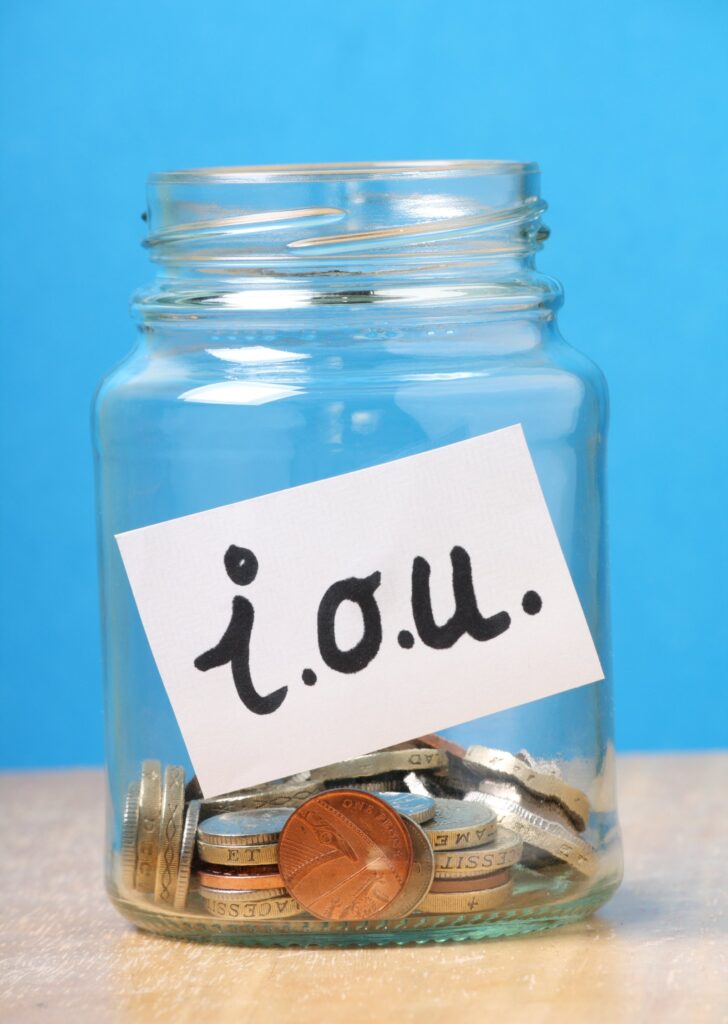In this next section we will talk about the many different options available when looking into Debt Capital for funding your business. Below is a brief overview of the blog posts in this section.
- Bank Loans: Banks offer a variety of business loaning options, all of which have unique characteristics.
- Lines of Credit: A common source of credit offered by banks and other financial institutions are called lines of credit (LOC). LOCs are particularly useful for businesses that have funding needs in the short-term
- SBA Loans: The US Small Business Administration (SBA) is an important resource for small businesses that provide a number of financial assistance programs for small businesses that have been specifically designed to meet key financing needs.
- 7(a) Loan: The 7(a) Loan Program is SBA’s primary program to help start-up and existing small businesses obtain financing when they might not be eligible for business loans through normal lending channels. 7(a) loans are designed to help business with special requirements.
- Special Purpose Loans: Specialty purpose Loans are designed to assist those businesses that have been affected by NAFTA, have cyclical financing needs, are developing Employee Stock Ownership Plans (ESOPs), or are implementing pollution control measures.
- Export Loan Programs: The export loan programs were designed to assist small business exporters. There are 3 specific types of loans available to help exporters, depending on their need and type of operation.
- Rural Business and Advantage Loans: These loans were developed to encourage economic growth in smaller and rural communities, particularly those communities facing significant economic challenges.
- Express & Pilot Programs: The express loan programs were designed streamline the lending process for quick turn-around loans for particular groups of borrowers. The SBA also makes lower interest rates available to Express loan borrowers.
- CDC-504 Loan Program: The CDC/504 loan program is a long-term financing tool for economic development within a community. The 504 Program provides small businesses requiring “brick and mortar” financing with long-term, fixed-rate financing to acquire major fixed assets for expansion or modernization.
- Disaster Program: Disaster Program loans are made available through the SBA for business owners as well as homeowners and renters who have been harmed in a declared disaster. For businesses, loans are available for physical damage to property suffered in a disaster.
- Non-7(a) microloans: The SBA micro-loan program makes funding available to intermediary, non-profit lenders who, in turn, make micro loans available to small business borrowers.
- Home Equity Loans: Home equity loans are loans secured by pulling out available equity from a business owner’s personal residence. In this case, the value of the home is used as collateral.
- Traditional Bank Loans: Traditional Bank Loans are loans given directly from a bank in lump-sum amounts which means the borrower is required to pay interest on the entire amount, regardless of whether the funds are used for purchases.
- Credit Cards: Credit cards can be a viable funding source for start-up entrepreneurs who are unable to secure other types of funding because of their short operating history or lack of collateral.
- Charge Cards: A charge card is similar to a credit card however lacks interest rates because the borrower is required to pay off the entire balance on the card each month.
- Friends & Family Loans: This type of financing is the means of receiving initial investment funds from close confidants – this means friends, family members, or co-workers.


